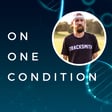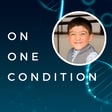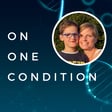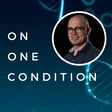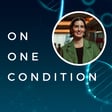
Episode 60: Duncan Passmore - Pearson Syndrome
This is the deeply moving story of Duncan and his son Torin, who battled Pearson Syndrome, a rare mitochondrial disease. With raw honesty, Duncan shares the journey of loving, raising, and ultimately saying goodbye to his son, revealing not only the heartbreak but also the enduring love and strength that shapes his family's life today. We talk about how they navigated an unpredictable and devastating diagnosis, and how it led the family to cherish every moment.
Now, in his son’s memory, Duncan is building a wooden sailing boat, fulfilling Torin’s dream of sailing to Wildcat Island on Lake Windermere, as inspired by his favourite book, Swallows and Amazons. This act of love and craftsmanship stands as a testament to a boy who made the most of his short life.
The song that Duncan chose is Hedwig’s Theme by John Williams.

